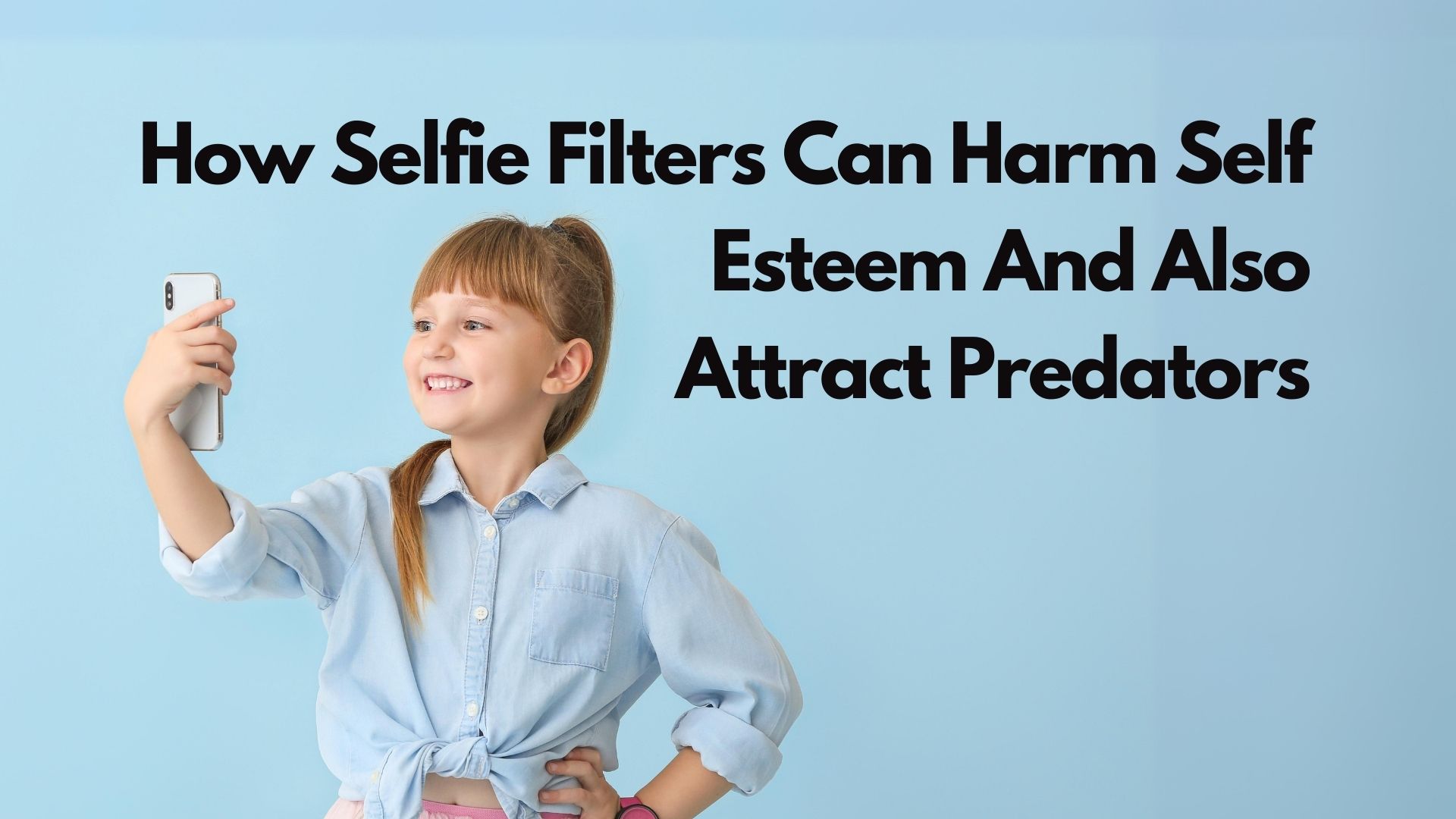Taking selfies has become a prevalent way to express oneself in today's digital age. With the popularity of social media, visitors now have a wide variety of filters that can instantly improve their appearance with the click of a button. While these filters could appear to be a harmless way for our children and teenagers to portray themselves, they can have serious consequences. In this article, we will look at how selfie filters can potentially lower self-esteem and attract the attention of predators.
Impact Of Filters On User Self-Esteem
Self-esteem is a very important aspect of a child or teenager's overall well-being. This is the time they are formulating their views of their personal worth. Selfie filters may result in a negative effect on self-worth, particularly when they start comparing themselves to enhanced versions of themselves. Given the technology available today for these purposes, making comparisons is nearly inevitable!
Filters can smooth out imperfections, alter the form of facial structure, or even change the skin's color! This can give the impression of a standard of elegance and perfection that is unattainable in reality.
Furthermore, this can lead to a negative downward spiral of self-esteem in which children and teenagers feel compelled to use filters to show their unrealistic expectations of beauty. Filtered images and videos are designed and shared on social networking sites for many harmless reasons; however, they can also appeal to predators.
Implications of Selfie Filters on Predators
The use of selfie filters on social media can promote the attraction of predators for various reasons. Some predators prey on vulnerable users of social media platforms through those same platforms. In some circumstances, a child or teenager enhancing their photos with filters could make it simpler for them to be identified as a potential victim.
This can happen primarily because filters can give people a false sense of individuality by making them appear younger or even more attractive than they actually look. As a result, they may appear more exposed as an individual because of their additional efforts to appear favorable to others. Behavior like this can be appealing to predators.
Listed below are some more ways that the use of selfie filters can attract predators:
Misleading Representation
Filters can distort an individual's looks so that all of them seem distinct from their natural self. This could attract predators who are looking for a specific appearance that is more in line with the unrealistic standards selfie filters promote.
Oversexualization
Some filters have the potential to oversexualize a child or teenager's appearance, attracting predators looking for sexually explicit content or images.







